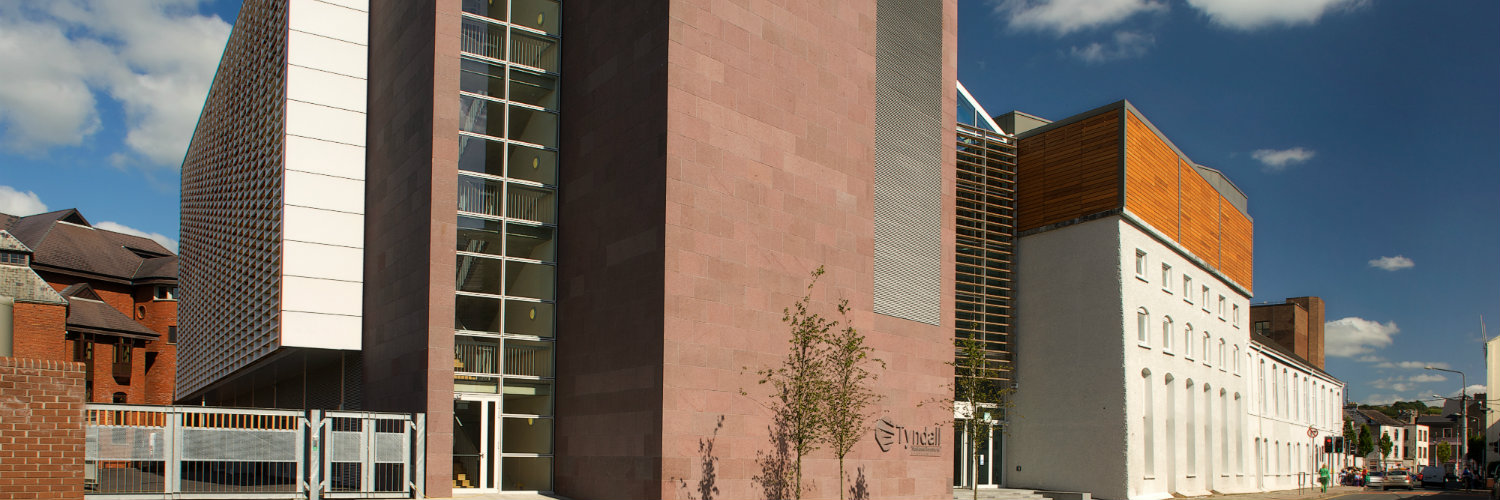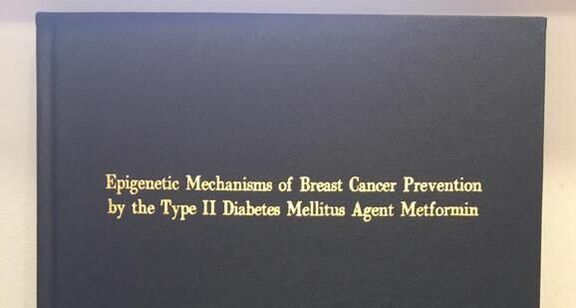|
I'm not having an existential breakdown don't worry. I've gotten a new job!
As you all know I found my PhD a tiny bit difficult (to put it lightly). I also LOVED doing outreach and research engagement. So I decided once I returned to the home land from the UK and had submitted my thesis I would change up my career direction. I wanted to inspire the same passion I have for research engagement in other scientists. So I became and education and public engagement (EPE) officer. Where might you ask? Why Tyndall National Institute in wonderful Cork City. What does Tyndall do? Physics. It's a little left field, out the gates and into traffic I know. Let me take you through it. What is an EPE officer? An EPE officer is the person who helps scientist take their research and make it more engaging and understandable so it can be shown and discussed with the general public. I organise events, tours of Tyndall and learning opportunities for various groups of people. For example public events such as Cork Culture Night or Cork Science Week are for the public of all ages. We need to show off what Tyndall does in a way that will resonate with not only children but parents and older people. Tyndall tours can involve the general public or school groups/university groups/stake holders. Small groups come into Tyndall and see the facilities and get a more immersive experience of what Tyndall does. Learning opportunities come in many forms such as organising researchers to visit schools to run demonstrations about the science they do. Or having transition year groups come into Tyndall to gain hands-on experience. I also organise an internship programme for university students where they come for 10 weeks, they go into the labs and do a project and they also get lectures/training workshops etc. Do I do any of the science? No! I know nothing about physics. But that doesn't matter. My job isn't to know the science but to put scientists and the public together in order to share knowledge. It's very difficult for people to really see the point of theoretical physics when they haven't talked to a theoretical physicist and see the impact of their work. I facilitate this meeting while also making sure it's fun, immersive and engaging. What is Tyndall? Well first of all Tyndall is a person. John Tyndall (don't know if I'm related) is a famous physicist who was the father of fibre optics and investigated light diffraction. White light is made up of lots of different colours which make up the visible spectrum we can see. When light hits an object it bends (diffraction) causing the different colours to separate. When you see a rainbow that is light diffracting through rain drops. This causes the light to split into all the colours we can see. All the colours of the rainbow. Tyndall National Institute does two main things - electronics and photonics. I work with the photonics group. Photonics is the study of light, made up of particles called photons, and how we can use this light. Photonics pretty much makes up your everyday life. From the microLEDs in your phone screen, to fibre optic cables which bring you broadband to medical devices such as heart monitors and oxygen monitors. And this what Tyndall does. It makes these devices. It researches how we can make better devices, how we can store data more efficiently, communicate more effectively and monitor and treat diseases less invasively. It's pretty incredible really. So this is what I am doing for the next year. I will probably return to cancer research but whether that's as a scientist or an EPE officer or something completely different I don't know. The future is bright!
1 Comment
On Friday 19th I defended my PhD thesis. Here's how it went.
First of all what is a viva? A viva a basically a conversation with people (examiners) who have read your thesis. They give you comments, ask questions and verify some information. At the end of the viva the examiners discuss amongst themselves their views and decide corrections that need to be made to the thesis before it is finally submitted as a completed piece of work. You can get three types of corrections:
My viva: So I had three examiners in my viva. Depending on the country you're in and the university you're in this can change. Imperial usually has two examiners but one of my examiners needed a supervisor because this was their first viva. Anyway! Only two of the examines actually gave their opinions and corrections. They were both experts in their fields - breast cancer and diabetes & cancer epidemiology. They would have some knowledge of parts of my thesis but I was the expert in my subject in that room. The idea wasn't to judge but to help. I wasn't nervous getting up that day or going in but just before I started to get really really anxious. Like about to vomit anxious. Luckily I did not do that, particularly because I was sitting beside one of my examiners waiting for the others to arrive. Awkward. The viva itself was actually fine. The most interesting thing was even though my examiners came from two different areas (one would work in a lab and one would be statistics based) they both pretty much had the same corrections. I was too over-enthusiastic and I didn't fully tease out my statements. Basically I would say "my data showed this and I've cured cancer". It became a running joke. I completely understood because when I re-read it before the viva I was like "what am I even saying!" The viva lasted 2.5 hours in total which is pretty good (if I do say so myself) and I'd say a good 30 minutes of that was me frozen in thought. You see if you haven't read already I have depression. And the major problem of my depression is cognitive. I find it difficult to form and maintain thoughts. So I will stop mid sentence and be completely lost about what I was saying or how I got there. I also find it difficult to take in information, process it, develop and answer and return an answer quickly. It drives Liam mad. It drives me mad. So while I understood the questions my brain (like anyones after a heavy night drinking) was sluggish and just took extra time coming up with an answer. I gave the answer correctly it just took an extra 2/3 minutes. Luckily my examiners were informed, mostly because I had finished my PhD early due to mental health problems, so they were very understanding. I almost cried a few times but I managed to hold myself together. So that's it. I passed my viva, got some minor corrections which need to be finished by the 19th October 2019 and I get my doctorate in the post. I mean I am a PhD since I defended my thesis so the rest is more formality than anything! That's right! I'm Dr. Tyndall now! Don't ask me to help you with any medical conditions but listen if you need a western blot done...go somewhere else I have PTSD. |
AuthorMy name is Caitriona and I am a PhD student at Imperial College London, UK. Categories
All
|



